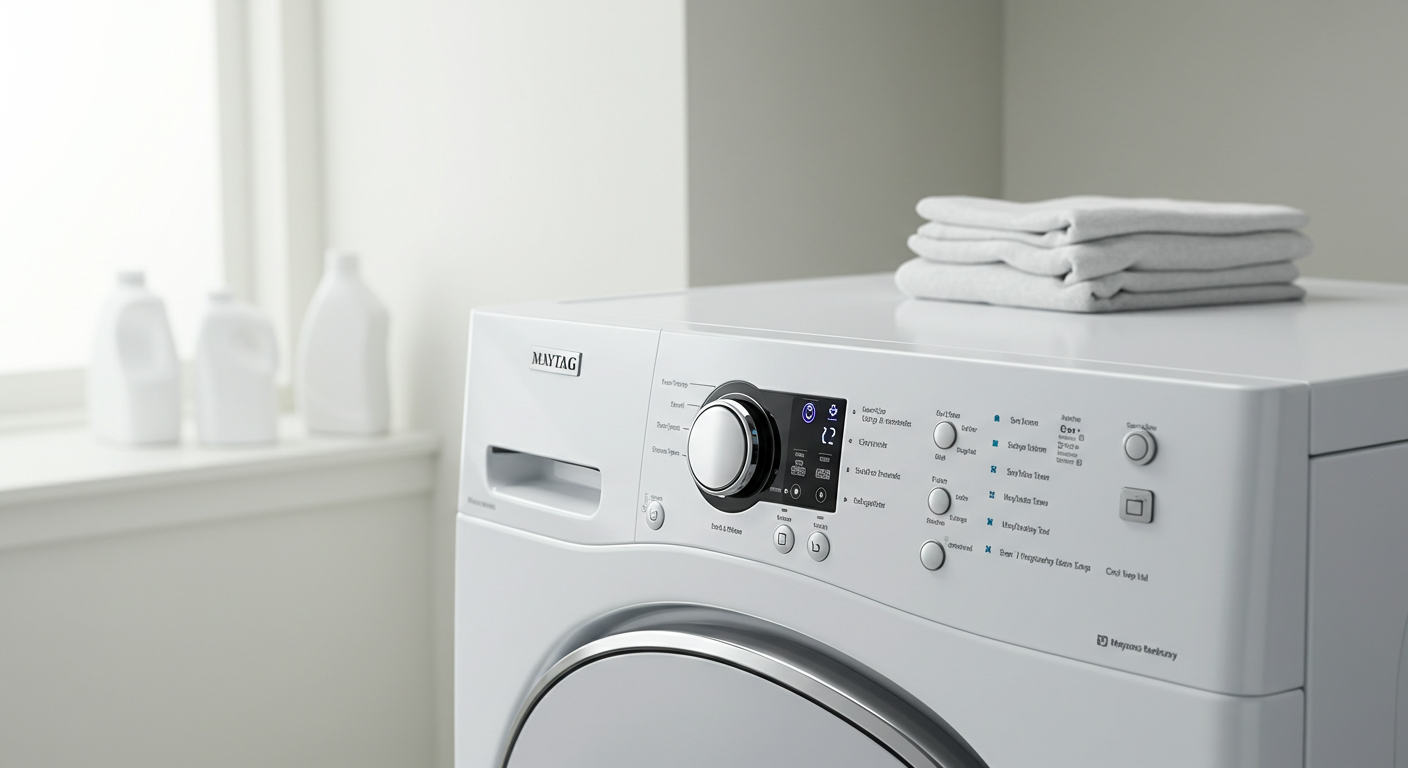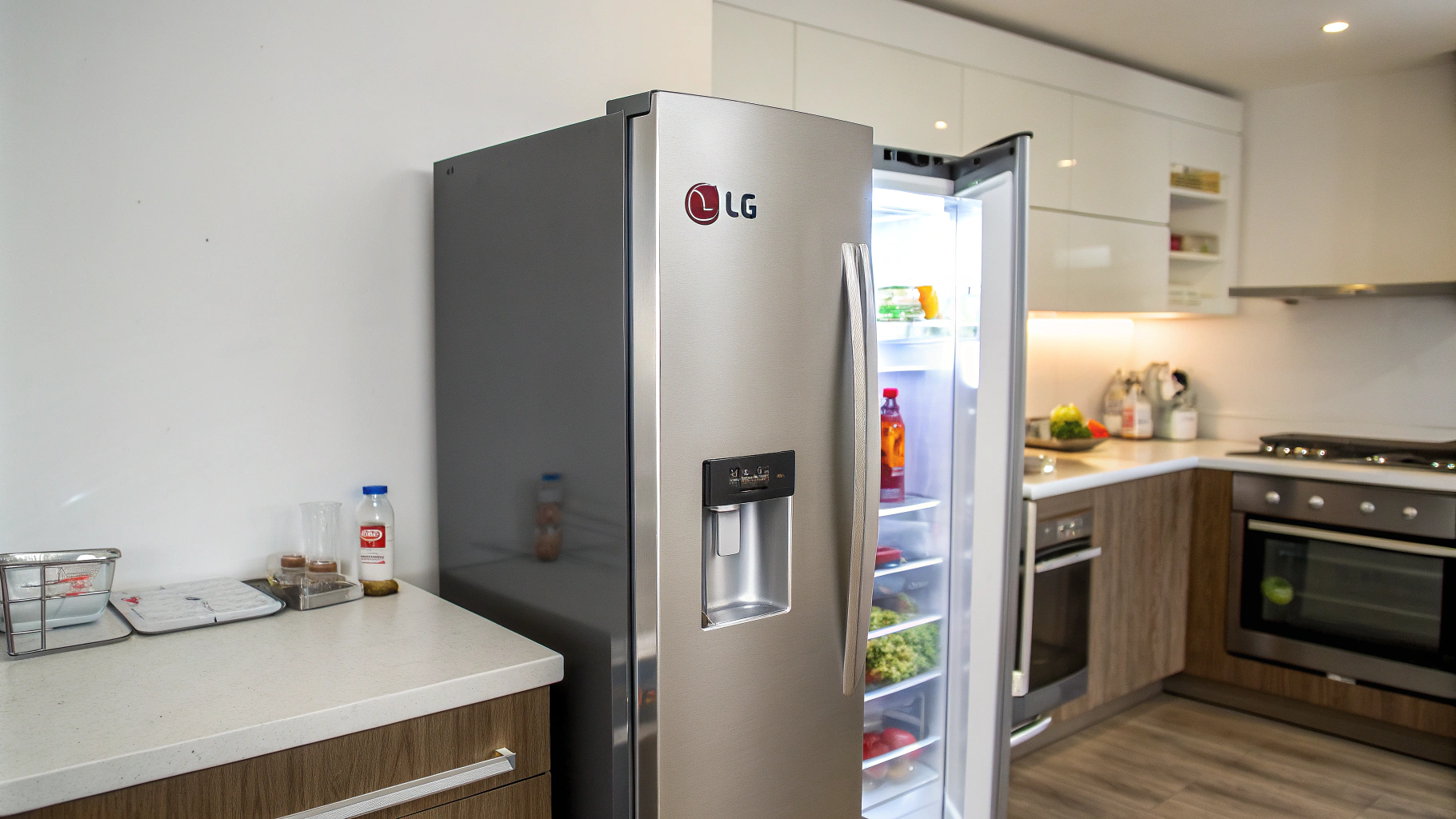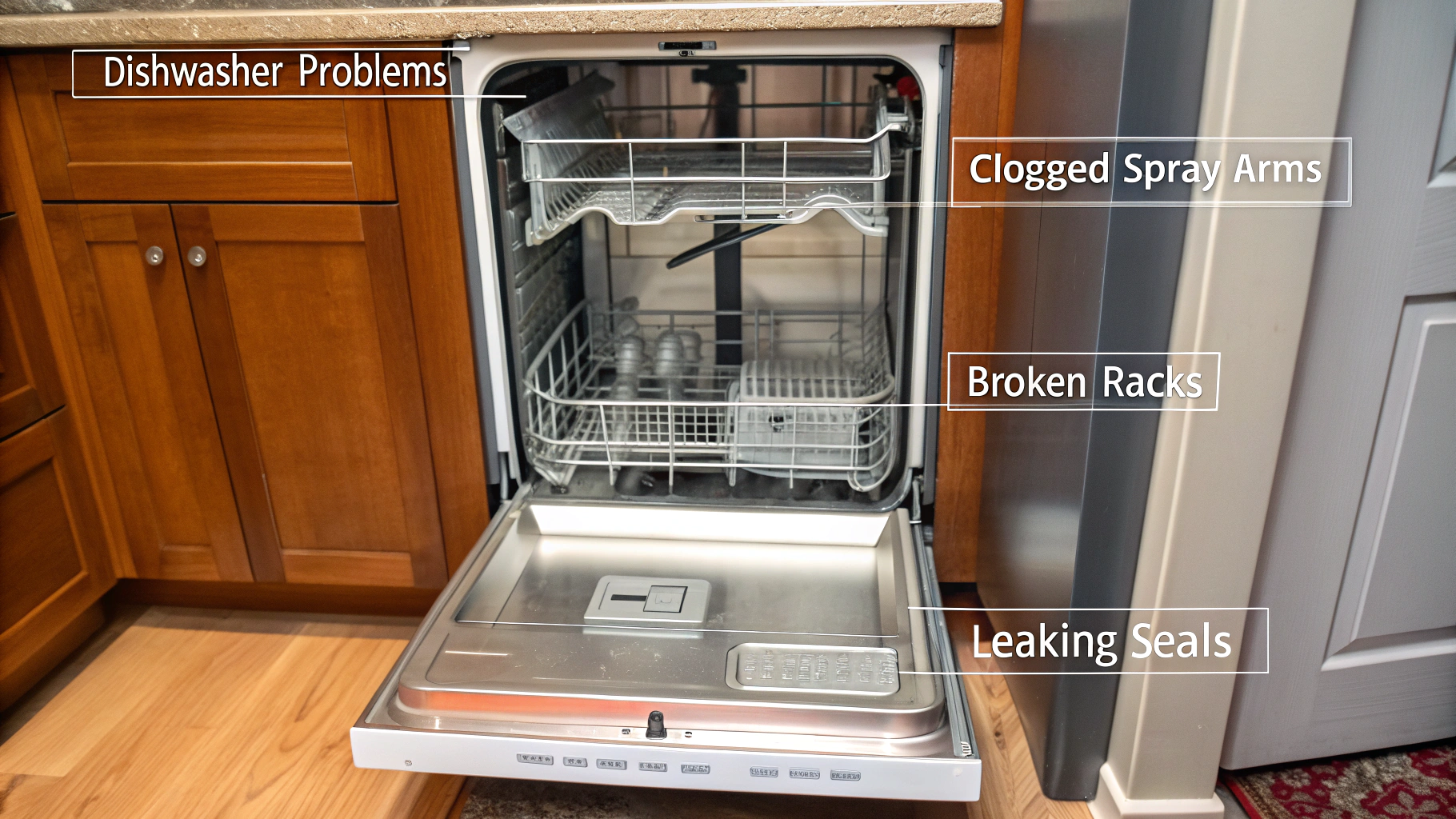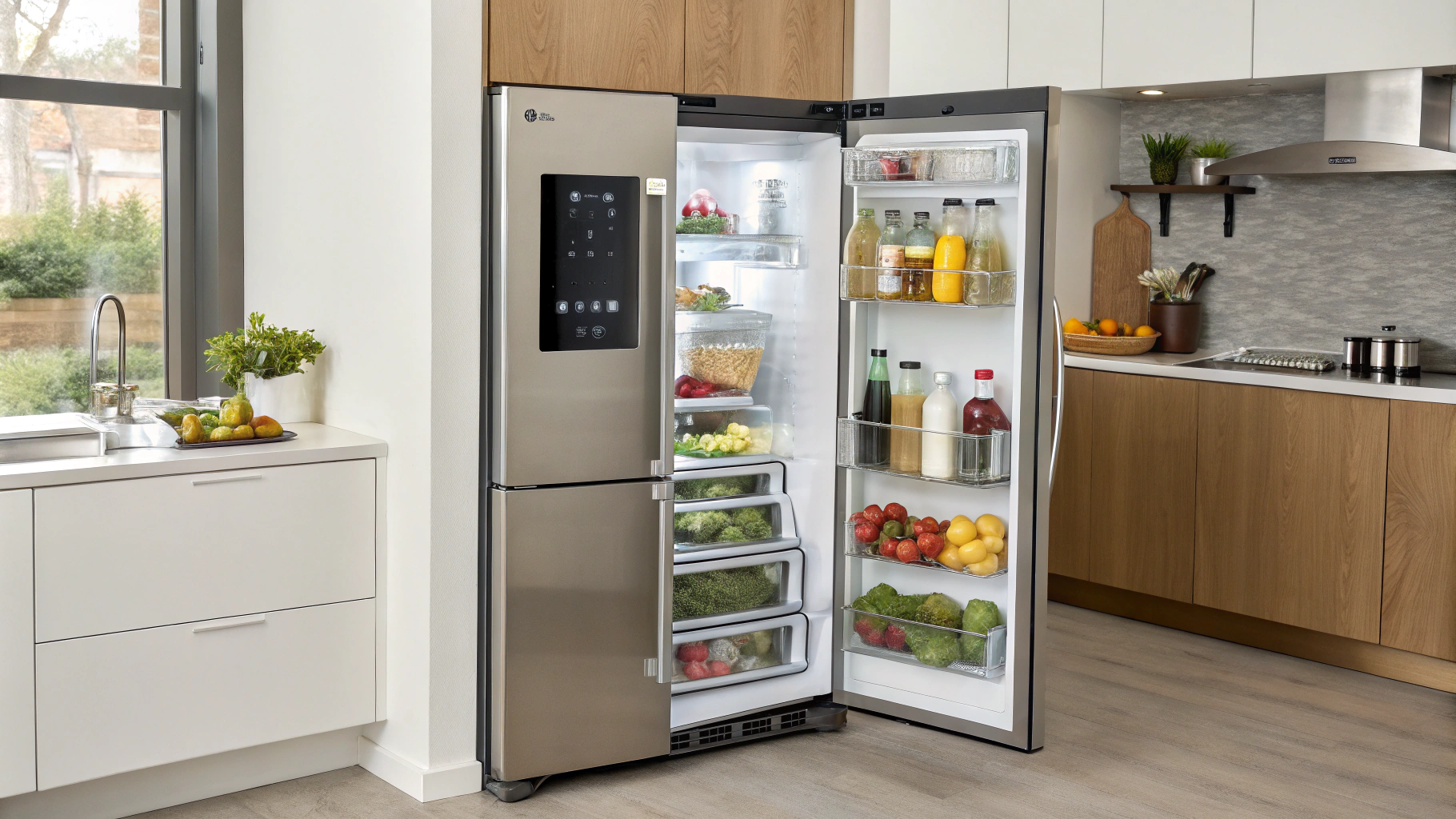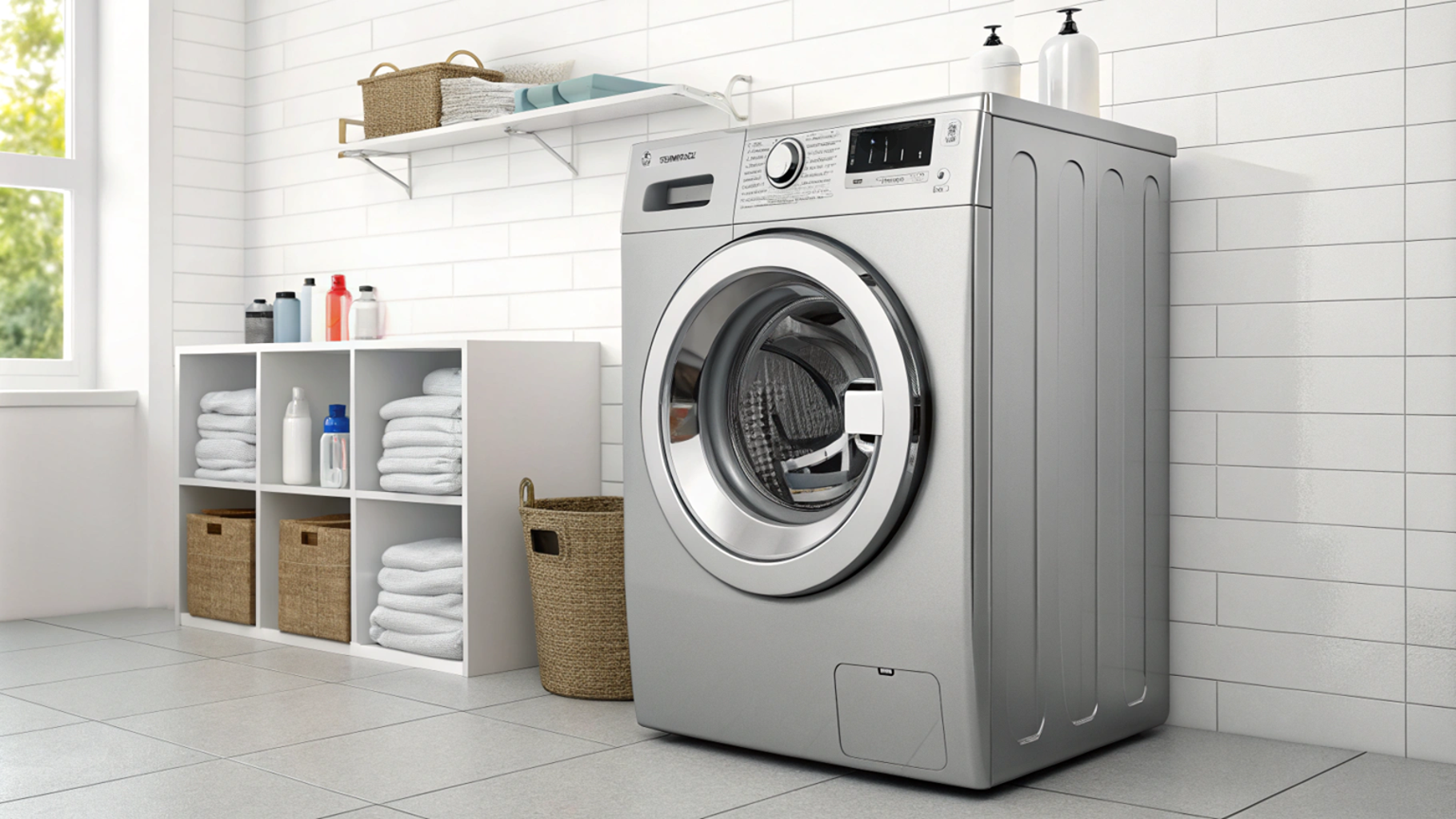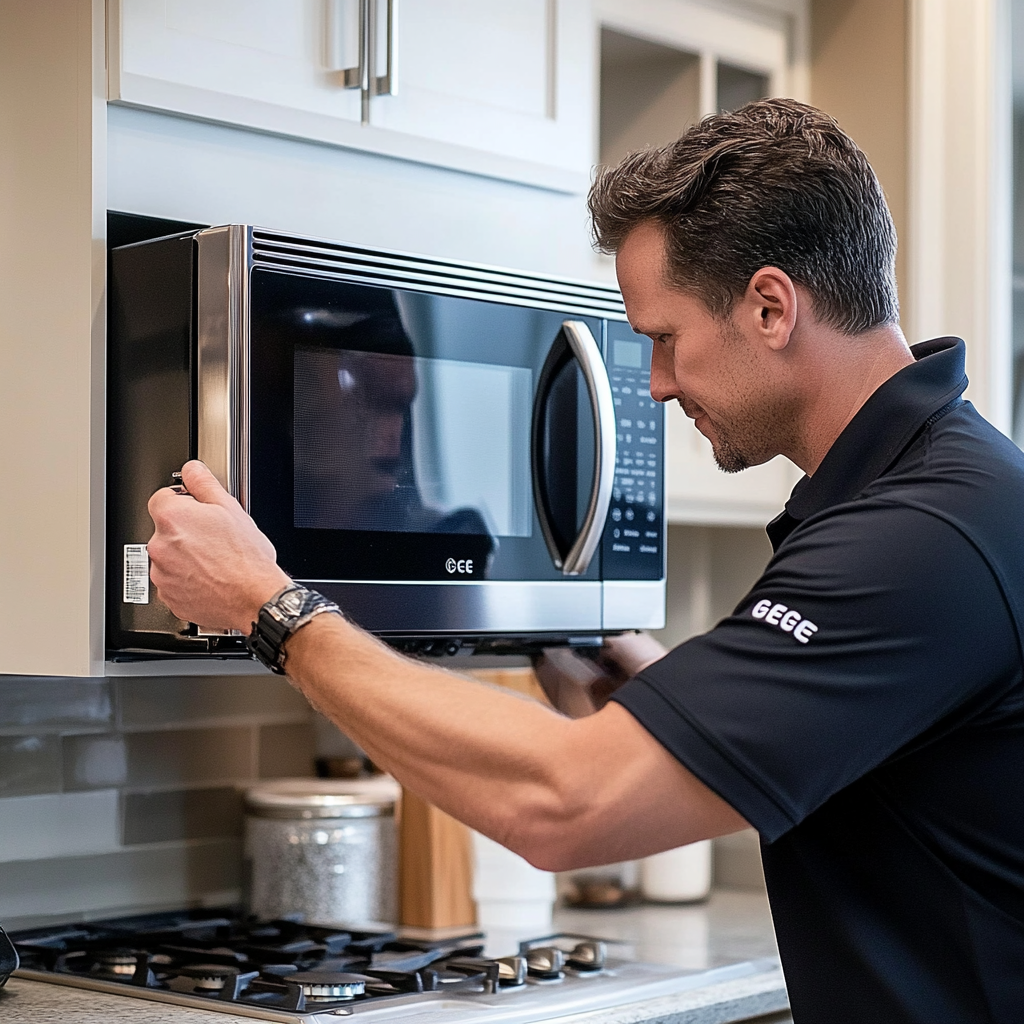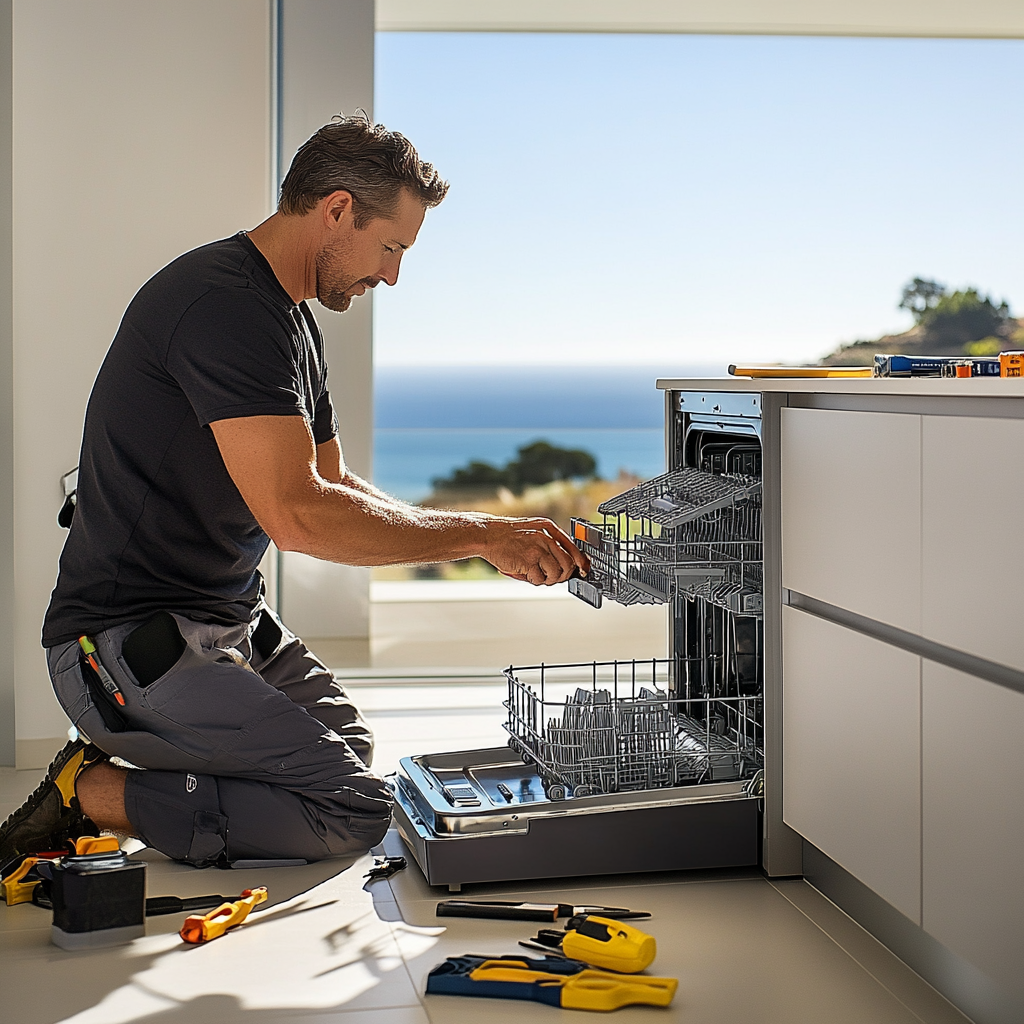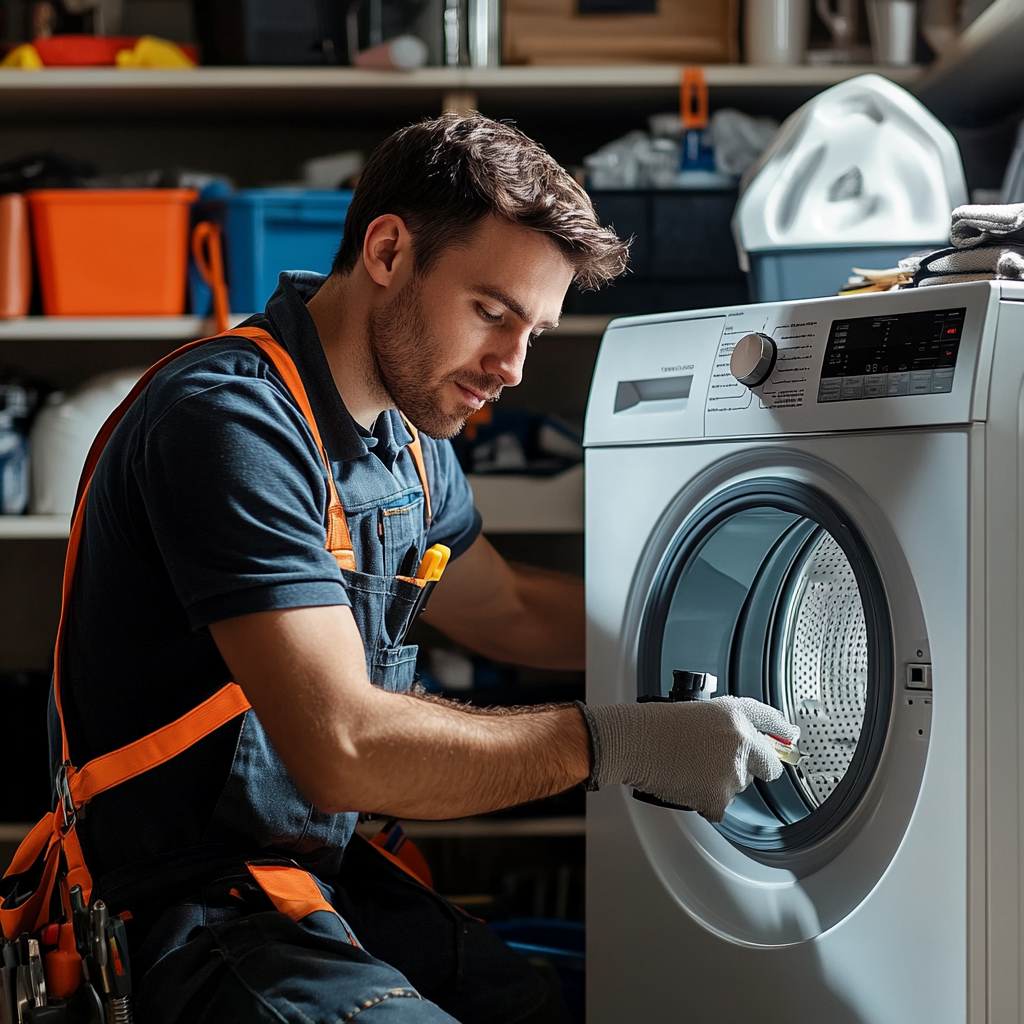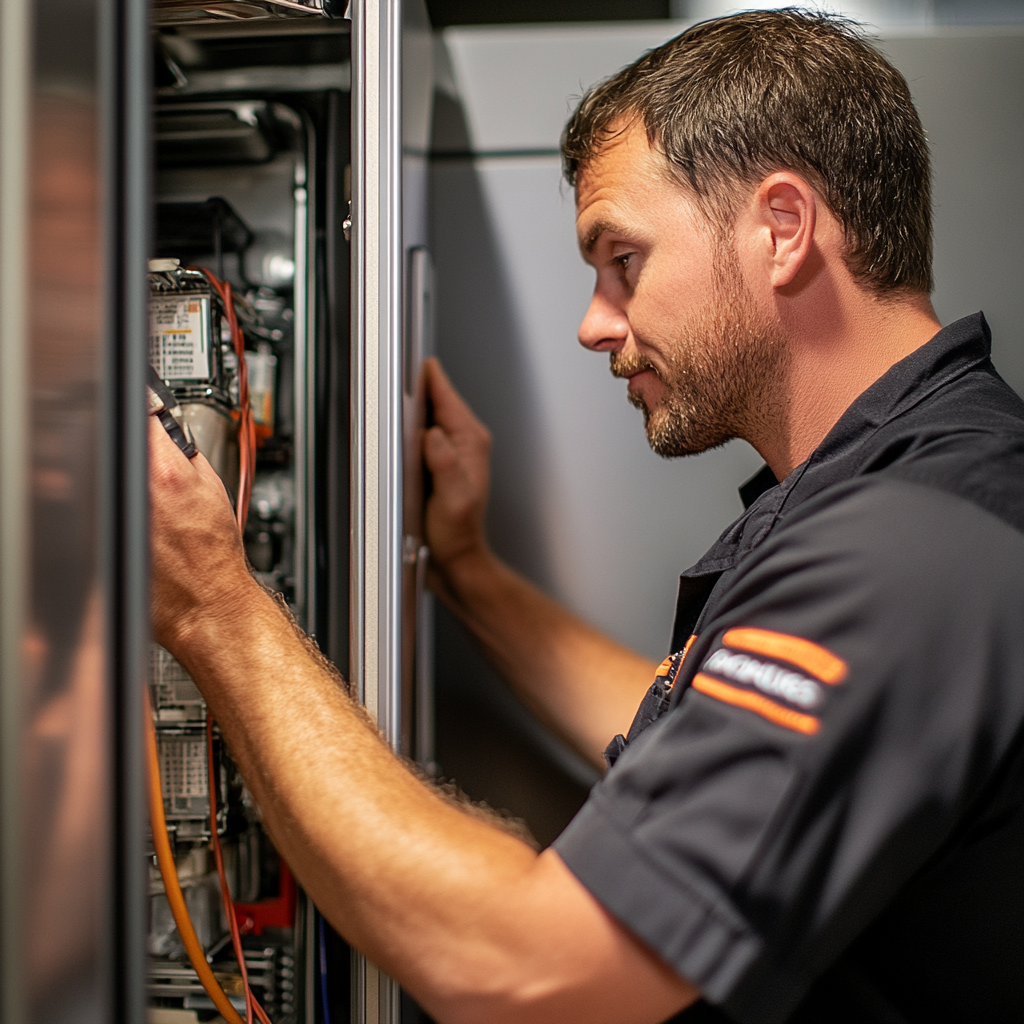Owning an LG refrigerator can provide reliable cooling for food and drinks for years. But, even quality appliances encounter issues eventually. Learn about the top 5 common LG refrigerator problems. These include issues with cooling, noise, leaking, freezing, and odors. This guide offers troubleshooting tips to fix these problems and get your fridge back to optimal performance.
1. Refrigerator Not Cooling Properly
A refrigerator failing to keep items cold is among the most reported LG refrigerator problems. An LG fridge not cooling to the correct temperature can lead to spoiled food and wasted electricity. Thankfully, some simple at-home troubleshooting steps can often uncover the root cause allowing you to restore proper cooling.
| Common LG Refrigerator Problems | Troubleshooting Tips | Repair Solutions |
| Not cooling properly | Check thermostat, compressor, coils | Replace faulty parts like thermostat, compressor |
| Loud noises | Inspect compressor, fans, loose parts | Tighten or replace noisy components |
| Water leaking | Check tubing, ice maker, drainage | Clear clogs, replace leaky parts |
| Food not freezing | Test thermistor, condenser | Replace defective thermistor, clean condenser |
| Strange smells | Remove spoiled food, deep clean | Regular cleaning, replacing filters |
What Causes an LG Fridge To Stop Cooling Properly?
- Maintaining your LG refrigerator, in condition and ensuring it stays frost-free and cold enough to preserve your food properly requires important parts to function together effectively. If any of these components start to deteriorate or stop working the cooling system may struggle. Some common reasons why an LG refrigerator may not be cooling effectively as it should include:
- A defective thermostat can cause issues with regulating the temperature in your fridge by not communicating the cold air level to the compressor which may affect its ability to release air effectively.
- The compressor in the fridge is responsible for circulating refrigerant to absorb and release heat within the system; if it malfunctions or stops working the refrigerator will be unable to carry out this essential heat transfer process effectively.
- When the condenser coils get clogged with dust or debris it hinders airflow and lowers their ability to remove heat efficiently which in turn affects cooling performance.
- Refrigerant leakage within the enclosed system hinders heat absorption and dissipation processes over time resulting in a decline in cooling effectiveness.
- When the fan in the fridge that circulates cold air stops working properly due to failure issues with the evaporator fan system; there might be temperature distribution leading to cooling across different sections of the refrigerator.
Solutions For An LG Refrigerator Not Cooling
If your LG fridge fails to lower temperatures properly, implementing these troubleshooting tips can help restore its cooling capabilities:
- Inspect the thermostat
Turn off and unplug the refrigerator. Remove the thermostat access panel and disconnect the wiring to test it with a multimeter. Refer to your model’s manual for thermostat testing and replacement instructions.
- Check the compressor
The compressor sits at the bottom rear of the fridge. Use a multimeter to test its electrical components and listen for odd noises from its motor windings indicating it could be failing and need replacing.
- Clean the condenser coils
Pull the refrigerator away from the wall and use a condenser coil brush, vacuum, or compressed air to remove any accumulated dust, pet hair, or debris that could be blocking airflow.
- Examine the evaporator fan
Remove the interior freezer and fridge panels to access and inspect the evaporator fan. If ice buildup caused it to seize or if the motor fails to run when tested, replace the evaporator fan assembly.
- Monitor refrigerator temperature
Place thermometers in the freezer and fridge compartments and check them after 24 hours to see if temperatures are holding at the correct levels around 0°F for the freezer and 37°F to 40°F for the refrigerator.
- Reset control board
Use the power reset function sequence outlined in your LG refrigerator’s owner’s manual to reboot its main control board, which may clear any software glitches.
- Contact LG refrigerator service
If temperature regulation issues continue despite testing the thermostat, compressor, coils, evaporator fan, and control board, contact LG support to schedule a refrigerator repair technician’s visit to properly diagnose and fix any leaks or sealed system issues.
Carefully troubleshooting an LG refrigerator not cooling properly through the electrical components vital to managing temperature can help you restore normal performance and avoid spoiled food in many cases without needing a costly service call. However refrigerant leaks or sealed system repairs should be handled by a professional technician.
2. Refrigerator Making Loud Noise
Hearing your LG fridge suddenly making odd noises can cause concern over what may be going wrong inside. Strange sounds typically indicate an underlying problem requiring attention before causing larger issues.
What’s Causing Loud LG Refrigerator Noises?
Several complex components work in harmony within an LG refrigerator to preserve food safely.
FAQs
- How do I reset my LG refrigerator control board?
Refer to your owner’s manual for the specific reset sequence for your model. - What temperature should my LG fridge and freezer maintain?
The fridge should be 37°F-40°F, and the freezer should be at 0°F. - Why is my LG refrigerator making a loud buzzing noise?
It could be due to a faulty fan, clogged coils, or compressor issues. - How often should I clean the condenser coils?
Clean them every 6 months to maintain cooling efficiency. - What should I do if my fridge is leaking water?
Check for blocked drain lines, damaged water lines, or a cracked drip pan. - Can I fix a refrigerant leak myself?
No, refrigerant issues should always be handled by a certified technician. - How long does an LG refrigerator typically last?
With proper maintenance, an LG fridge can last 10-15 years.
Conclusion
Having an LG refrigerator at home can make your daily routine easier; however common problems such as cooling difficulties or unusual noises might occur over time along with leaks that can be inconvenient to deal with. By recognizing the source of these issues and following the troubleshooting tips outlined in this manual you may be able to fix them efficiently on your own. For repairs such as refrigerant leaks or sealed system malfunctions, it is advisable to seek help from a qualified technician, for secure and effective solutions.
Call to Action
Is your LG refrigerator giving you trouble? Don’t wait for the problem to get worse! Contact Optimus Appliance Repair today for expert diagnostics and fast, reliable repairs. We’ll get your fridge running like new in no time. Call now or book your service online!
